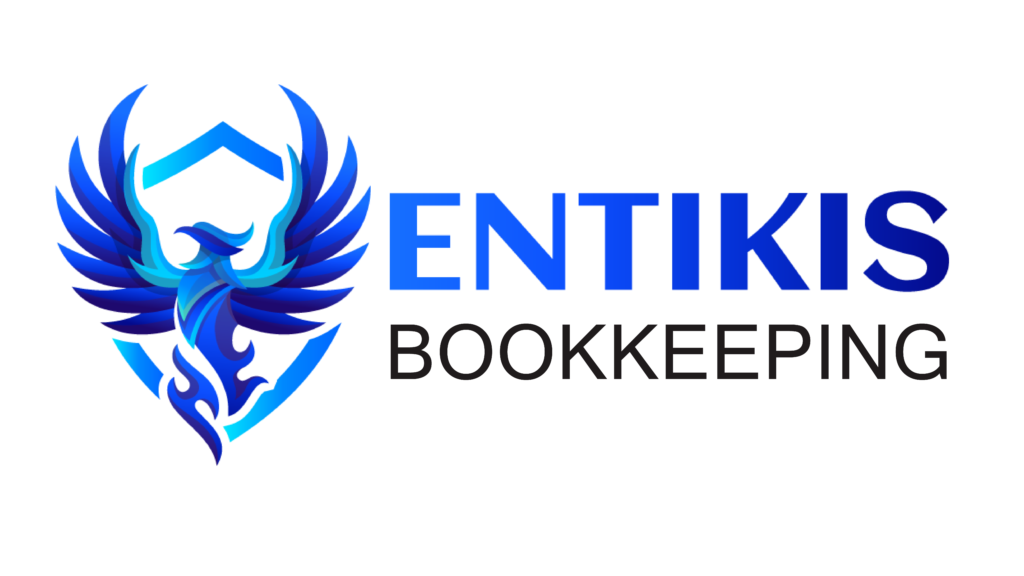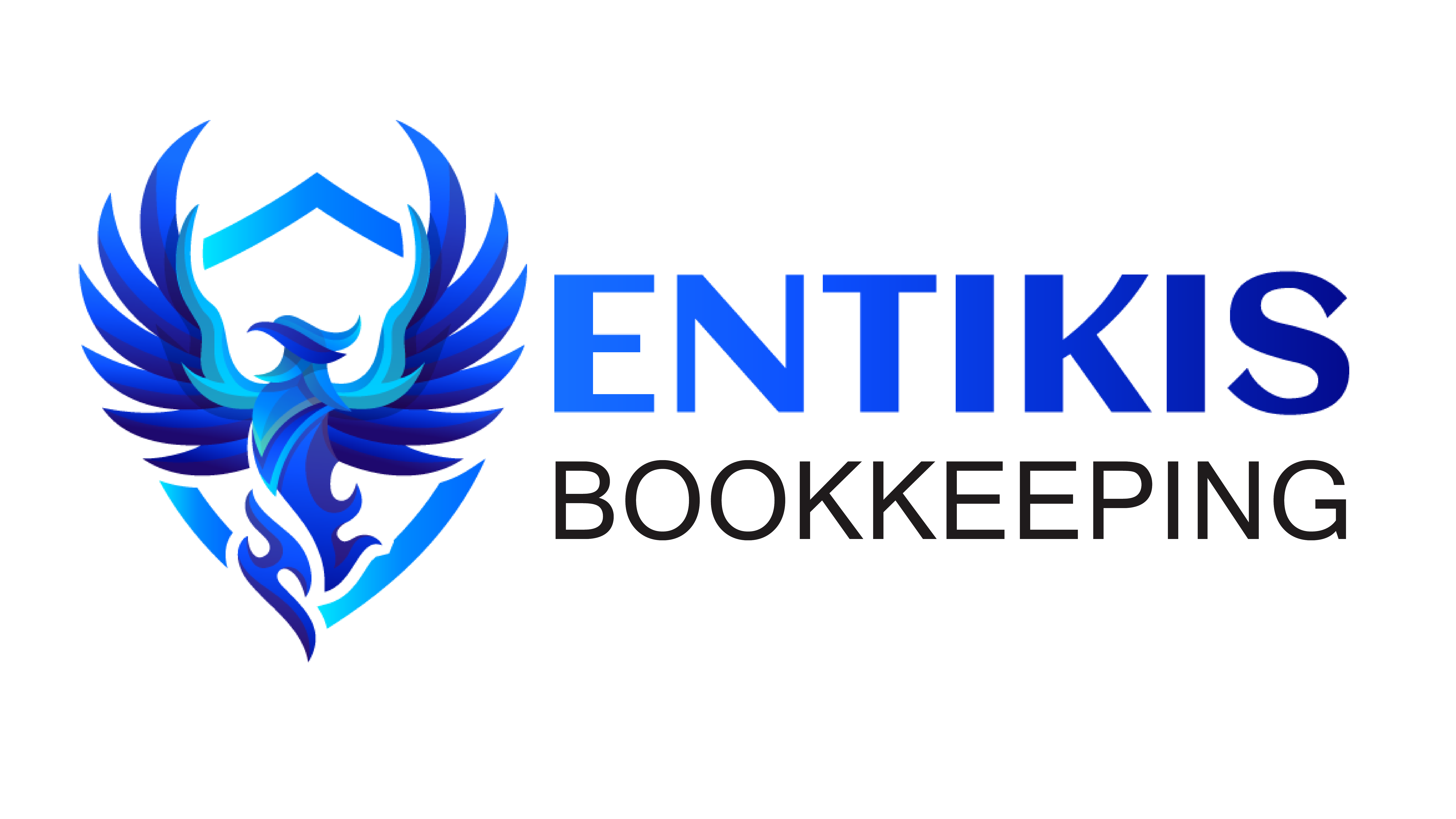
Tax season
Tax season is a time of year that can evoke a range of emotions, from anxiety to relief, depending on your individual circumstances. For many, it’s a time of sorting through financial documents, filling out forms, and perhaps even facing the reality of owed taxes. In this comprehensive guide, we’ll explore the various aspects of tax season, from understanding the basics of taxation to navigating deductions and credits, and finally, tips for managing the process efficiently.
Understanding Taxation Basics
At its core, taxation is the means by which governments finance their spending by levying charges on citizens and businesses. These charges, known as taxes, come in various forms, including income taxes, sales taxes, property taxes, and more. Income tax is one of the most common forms of taxation, and it’s what most individuals encounter during tax season.
Income tax is typically based on a percentage of your income, with different rates applying to different income brackets. Understanding which bracket you fall into is essential for calculating how much tax you owe. Tax brackets can vary depending on your filing status (single, married filing jointly, married filing separately, or head of household) and can change from year to year due to updates in tax laws.
Navigating Deductions and Credits
Deductions and credits play a significant role in reducing your taxable income and, ultimately, the amount of tax you owe. Deductions are expenses that you can subtract from your taxable income, thereby lowering the amount of income subject to taxation. Common deductions include mortgage interest, charitable contributions, and certain medical expenses.
Credits, on the other hand, directly reduce the amount of tax you owe. While deductions reduce your taxable income, credits reduce the actual amount of tax owed dollar for dollar. There are various types of tax credits available, including the Earned Income Tax Credit (EITC), Child Tax Credit, and Education Credits, among others. Understanding which deductions and credits you qualify for can significantly impact your tax liability.
Tips for Managing Tax Season Efficiently
Managing tax season efficiently requires careful organization and attention to detail. Here are some tips to help streamline the process:
-
Gather your documents early: Start collecting your financial documents, including W-2s, 1099s, receipts for deductible expenses, and any other relevant paperwork, as soon as possible. Having everything in one place will make it easier to file your taxes accurately and on time.
-
Consider filing electronically: Electronic filing (e-filing) offers several advantages over traditional paper filing, including faster processing times and fewer errors. Many tax preparation software programs also provide step-by-step guidance and built-in error checks to help ensure accuracy.
-
Don’t overlook deductions and credits: Take the time to explore all available deductions and credits that you may qualify for. Even if you think you don’t qualify for certain credits, it’s worth investigating further, as eligibility criteria can be complex and may vary depending on your specific circumstances.
-
Seek professional help if needed: If your tax situation is particularly complex or if you’re unsure about how to proceed, don’t hesitate to seek assistance from a qualified tax professional. An accountant or tax advisor can provide personalized guidance and help ensure that you’re maximizing your tax savings while staying compliant with applicable laws and regulations.
Conclusion
Tax season may seem daunting at first, but with careful planning and attention to detail, it’s possible to navigate the process efficiently and minimize stress. By understanding the basics of taxation, exploring deductions and credits, and following best practices for managing tax season, you can take control of your finances and make the most of your tax return. Remember, the key is to start early, stay organized, and seek help when needed. With the right approach, tax season can be a manageable—and even rewarding—experience.
How We Can Help:
✅ Organized Financial Records: We’ll tidy up your financial records, ensuring they’re in perfect order for tax preparation.
Organized financial records are the cornerstone of a smooth tax season. Having all your documents neatly organized and readily accessible can save you time, reduce stress, and help ensure accuracy when filing your taxes. Here’s why organized financial records are essential and some tips for maintaining them effectively.
Firstly, organized financial records make it easier to identify deductible expenses and credits that can lower your tax liability. By keeping track of receipts, invoices, and other documentation throughout the year, you’ll have a clear picture of your financial transactions and can quickly identify expenses that qualify for deductions, such as business expenses, medical costs, and charitable contributions.
Secondly, organized records streamline the tax preparation process. When tax season arrives, you won’t have to scramble to gather essential documents or worry about missing deadlines. Instead, you’ll have everything you need at your fingertips, making it easier to file your taxes accurately and on time.
Furthermore, organized financial records can help you detect errors or discrepancies before they become major issues. By regularly reconciling your bank statements, tracking expenses, and maintaining accurate records, you can identify any discrepancies early on and take steps to address them promptly.
To maintain organized financial records, consider implementing the following tips:
-
Establish a filing system: Create a system for organizing your financial documents, whether it’s using physical folders, digital folders on your computer, or cloud-based storage solutions. Be consistent with your filing system and label folders clearly to make it easy to find documents when needed.
-
Stay current: Make it a habit to update your financial records regularly, whether it’s entering transactions into your accounting software, filing away receipts, or reconciling bank statements. Keeping your records up to date will save you time and effort in the long run.
-
Use technology: Take advantage of technology tools and apps to help you manage your finances more efficiently. There are many software programs available that can streamline tasks such as expense tracking, invoicing, and budgeting, making it easier to stay organized.
In conclusion, organized financial records are essential for a successful tax season. By maintaining accurate and up-to-date records throughout the year, you can streamline the tax preparation process, maximize deductions and credits, and minimize stress during tax season.
✅ Seamless Tax Documentation: We assist in gathering all the necessary tax documents, so you’re fully prepared.
Seamless tax documentation is crucial for a stress-free and efficient tax season. It involves maintaining thorough and organized records of all financial transactions and documents throughout the year, ensuring that you have everything you need to accurately report your income and claim deductions and credits come tax time. Here’s why seamless tax documentation matters and some strategies for achieving it effectively.
Firstly, seamless tax documentation simplifies the tax filing process by providing a comprehensive overview of your financial affairs. By keeping thorough records of income, expenses, investments, and other financial activities, you can quickly compile the information needed to complete your tax return accurately. This reduces the likelihood of overlooking deductions or credits and minimizes the risk of errors or discrepancies in your tax filings.
Secondly, seamless tax documentation helps you maximize tax savings by ensuring that you capture all eligible deductions and credits. By meticulously tracking expenses such as business-related costs, medical expenses, charitable contributions, and investment-related expenses, you can identify opportunities to reduce your taxable income and potentially lower your tax liability. Additionally, having detailed documentation of deductible expenses provides protection in the event of an audit, helping you substantiate your claims and defend against challenges from tax authorities.
To achieve seamless tax documentation, consider implementing the following strategies:
-
Use digital tools and software: Leverage technology to streamline the documentation process. Consider using accounting software, expense tracking apps, and cloud storage solutions to digitize and organize your financial records. These tools can automate data entry, categorize transactions, and provide real-time insights into your financial status, making it easier to maintain accurate records throughout the year.
-
Establish a record-keeping system: Develop a systematic approach to organizing and storing tax-related documents. Create separate folders or digital files for different types of documents, such as income statements, expense receipts, investment statements, and tax forms. Label folders clearly and consistently to facilitate easy retrieval of documents when needed.
-
Stay disciplined and consistent: Make a habit of recording financial transactions promptly and consistently. Set aside time regularly to update your records, reconcile bank and credit card statements, and file away relevant documents. By staying disciplined with your record-keeping practices, you can avoid the stress of last-minute scrambling during tax season and ensure that your documentation is thorough and accurate.
In conclusion, seamless tax documentation is essential for a smooth and successful tax season. By maintaining thorough and organized records of your financial activities throughout the year, you can streamline the tax filing process, maximize tax savings, and minimize the risk of errors or audits. With careful planning and diligence, you can establish a seamless documentation system that makes tax season a breeze.
✅ Collaboration with Your Accountant: We work hand-in-hand with your accountant to provide them with accurate and up-to-date financial data.
Collaboration with your accountant is a vital component of effective financial management for individuals and businesses alike. This partnership goes beyond mere number crunching; it involves leveraging their expertise to optimize financial strategies, minimize tax liabilities, and ensure compliance with regulatory requirements. Here’s why fostering a strong relationship with your accountant is crucial:
Firstly, accountants possess specialized knowledge and skills in financial matters. They can provide valuable insights into tax laws, accounting principles, and financial reporting standards. By working closely with your accountant, you can gain a better understanding of your financial situation and make informed decisions that align with your goals.
Moreover, accountants can help you develop and implement tax-efficient strategies to maximize your savings and minimize your tax burden. They can advise you on deductions, credits, and other tax-saving opportunities that you may not be aware of on your own. By proactively planning your finances with your accountant, you can potentially save significant amounts of money over time.
Additionally, collaboration with your accountant ensures compliance with tax laws and regulations. Tax codes are complex and subject to frequent changes, making it challenging for individuals and businesses to stay updated. Accountants stay abreast of these changes and can help you navigate the intricacies of tax compliance, reducing the risk of errors or audits.
Furthermore, accountants can provide financial analysis and forecasting to help you make sound business decisions. Whether you’re considering an investment, expanding your operations, or restructuring your finances, your accountant can provide valuable insights into the potential risks and returns involved.
In conclusion, collaborating with your accountant is essential for achieving financial success and peace of mind. By leveraging their expertise, you can optimize your financial strategies, minimize tax liabilities, ensure compliance with regulations, and make informed decisions that align with your objectives. Building a strong relationship with your accountant is not just about managing your finances—it’s about empowering yourself to achieve your long-term financial goals.
✅ Peace of Mind: Trust in our expertise, so you can focus on what matters most – your business.
Peace of mind is a state of mental tranquility and confidence that arises from knowing that one’s affairs are in order and that potential risks are being managed effectively. In the realm of finance, achieving peace of mind is often a primary objective for individuals and businesses alike. Collaborating with your accountant can play a significant role in attaining this elusive yet essential state of mind.
One of the key ways in which collaboration with your accountant contributes to peace of mind is through the assurance of financial accuracy and compliance. Accountants are trained professionals with expertise in navigating the intricacies of tax laws, accounting standards, and financial regulations. By entrusting your financial matters to a qualified accountant, you can rest assured that your records are accurately maintained and that you are fulfilling your legal obligations. This assurance alleviates the stress and uncertainty that can arise from concerns about potential errors or oversights in financial reporting.
Furthermore, working closely with your accountant enables you to proactively identify and address potential financial risks. Whether it’s optimizing tax planning strategies, mitigating exposure to regulatory compliance issues, or implementing effective internal controls, your accountant can provide valuable insights and guidance to help safeguard your financial interests. By collaboratively assessing your financial situation and implementing appropriate risk management measures, you can minimize the likelihood of unpleasant surprises and navigate uncertainties with greater confidence.
Collaboration with your accountant also facilitates strategic financial planning, which is instrumental in achieving long-term peace of mind. Your accountant can help you set realistic financial goals, develop comprehensive budgets, and devise sound investment strategies tailored to your unique circumstances and objectives. By working together to create a roadmap for your financial future, you can gain clarity and confidence in your ability to achieve your aspirations while effectively managing risks and contingencies along the way.
Moreover, the partnership between you and your accountant fosters transparency and accountability, further enhancing peace of mind. Open communication and information sharing allow for a mutual understanding of your financial situation, goals, and concerns. This transparency enables your accountant to provide personalized advice and solutions that are aligned with your objectives, empowering you to make informed decisions with confidence. Additionally, by establishing clear roles and responsibilities, you can hold each other accountable for meeting agreed-upon objectives and deadlines, thereby promoting trust and reliability in your financial partnership.
Finally, the emotional support and reassurance provided by a collaborative relationship with your accountant cannot be overstated in achieving peace of mind. Facing financial challenges or uncertainties can be daunting, but knowing that you have a knowledgeable and supportive professional by your side can provide immense comfort and confidence. Whether it’s navigating a complex tax situation, exploring investment opportunities, or simply seeking guidance during times of uncertainty, having a trusted advisor to turn to can make all the difference in maintaining a sense of calm and equilibrium amidst the inevitable fluctuations of financial life.
In conclusion, collaboration with your accountant is instrumental in achieving peace of mind by ensuring financial accuracy and compliance, proactively managing risks, facilitating strategic planning, fostering transparency and accountability, and providing emotional support and reassurance. By prioritizing communication, trust, and partnership in your financial relationship, you can cultivate a sense of confidence and tranquility that empowers you to navigate the complexities of financial management with clarity and poise.
Your Accountant + Our Bookkeeping = Stress-Free Tax Season! By combining the expertise of your accountant with our meticulous bookkeeping services, you can breeze through tax season with confidence.
Let us handle the numbers while your accountant provides strategic guidance, ensuring a seamless and stress-free experience from start to finish.
Let us handle the numbers while your accountant provides strategic guidance, ensuring a seamless and stress-free experience from start to finish. With our expert bookkeeping services and your accountant’s professional advice, you can focus on what you do best while we take care of the financial details, ensuring peace of mind throughout tax season.
Ready to Get Started?
Contact Us At Admin@Entikis.Com And 817-415-1715. Or Visit Entikis.Com To Learn More About How Entikis Bookkeeping Can Support Your Journey To Success! Located At 640 Taylor St Suite , Fort Worth, TX, United States, Texas, to discover how we can make this tax season a breeze for you.
With Entikis Bookkeeping by your side, tax season becomes a time of ease and confidence.




